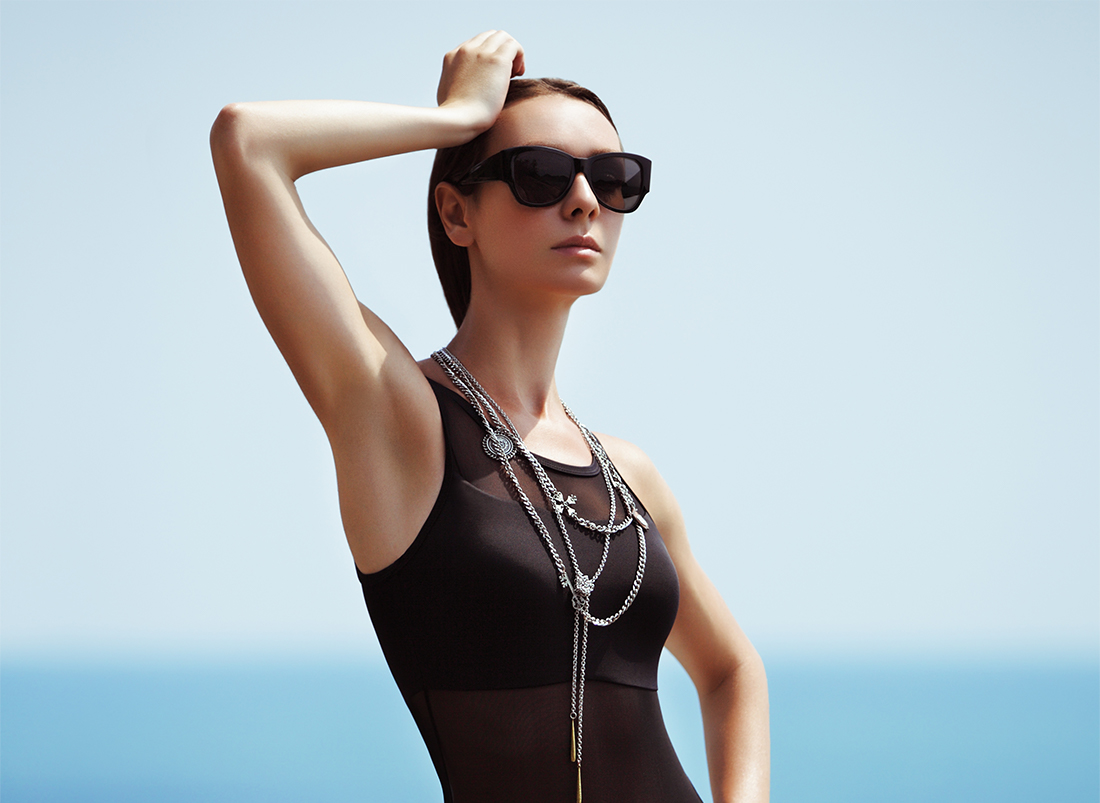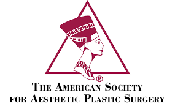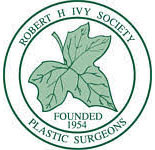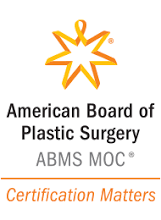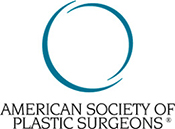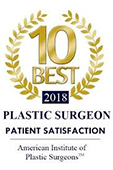5 Things to Avoid After Hair Restoration
After undergoing a hair restoration procedure, you may feel excited to see the results and eager to get back to your normal routine. However, it’s important to be aware of what you should avoid to ensure the success of your hair restoration. Here are five things to avoid after your procedure:
1. Physical Activity
Physical activity can cause sweating, leading to infection or irritation of the scalp. Here are some things to remember regarding physical activity after hair restoration:
- Avoid strenuous exercise: You should avoid any strenuous exercise for at least a week after your hair restoration procedure. This includes activities such as weightlifting, running, and high-intensity interval training. These activities can cause sweating and increase blood flow to the scalp, leading to complications.
- Take it easy: Even after the initial week of recovery, taking it easy regarding physical activity is important. Opt for light exercises such as walking or yoga.
- Avoid swimming and saunas: You should avoid swimming and saunas for at least two weeks after your hair restoration procedure. Again, these activities can cause sweating and increase the risk of infection.
- Follow your doctor’s instructions: Always follow your doctor’s instructions regarding physical activity after hair restoration. Your doctor can give you specific recommendations based on your individual needs and the type of procedure you underwent.
2. Sun Exposure
Sun exposure can cause damage to the scalp and hair follicles, leading to hair loss or damage to the newly transplanted hair. Here are a few things you should remember to avoid sun exposure:
- Wear a hat or head covering: When you are outside, wear a hat or head covering to protect your scalp from the sun’s harmful rays. This will also help to keep your scalp cool and prevent excessive sweating, which can cause irritation to the newly transplanted hair.
- Use sunscreen: If you cannot wear a hat or head covering, use sunscreen with a high SPF to protect your scalp. Apply the sunscreen generously to your scalp and any other exposed areas, and reapply every two hours or after swimming or sweating.
- Avoid direct sunlight: Avoid being in direct sunlight during the peak hours of the day, when the sun is strongest. If you must be outside during these times, seek shade under a tree or umbrella.
3. Certain Hair Products
After a hair restoration procedure, your hair will be more sensitive to the sun and other environmental factors. Be gentle when brushing or styling your hair, and avoid using harsh chemicals or heat styling tools that can cause damage to your hair and scalp.
- Avoid any hair products that contain alcohol, which can dry out your scalp and hair, leading to irritation and potential damage to your hair follicles
- Avoid using hair products containing harsh chemicals such as sulfates and parabens, which can strip your hair of its natural oils, leading to dryness and potential damage to your hair and scalp
- Avoid using heat styling tools such as flat irons and curling irons which lead to breakage and potential damage to your hair follicles
- If you must use heat styling tools, be sure to use a heat protectant spray to minimize potential damage
- Be cautious when using hair dyes and bleaches which can be harsh on your hair and scalp, potentially causing damage to your hair follicles and hindering the growth of your new hair
4. Smoking and Alcohol Consumption
Smoking can reduce blood flow to your scalp, impacting the healing process and the growth of new hair follicles. Additionally, smoking can cause damage to your hair follicles, leading to hair loss and thinning.
Alcohol can dehydrate your body, which can impact the health of your hair and scalp. It can also cause inflammation, slowing the healing process and increasing the risk of infection.
To ensure the best possible results from your hair restoration procedure, it is recommended that you avoid smoking and alcohol consumption for at least a few weeks after the procedure. This will give your body time to heal and recover and will help to promote healthy hair growth.
If you are struggling to quit smoking or reduce your alcohol consumption, consider seeking support from a healthcare professional or support group. Making healthy lifestyle changes can be challenging, but it is important for your overall health and well-being and the success of your hair restoration procedure.
5. Stress
Stress can lead to hair loss, the last thing you want after undergoing a hair restoration procedure. Here are a few things you can do to avoid stress:
- Take breaks: It’s important to take breaks throughout the day to give your mind and body a chance to relax. Take a few minutes to stretch, meditate, or close your eyes and breathe deeply.
- Exercise: Exercise is a great way to reduce stress. It releases endorphins, which are natural mood boosters. Find an exercise you enjoy, whether running, yoga, or weightlifting and make it a regular part of your routine.
- Get enough sleep: Sleep is crucial for your overall health and well-being. Lack of sleep can increase stress levels, so ensure you get at least seven to eight hours of sleep each night.
- Practice mindfulness: Mindfulness is being present in the moment and fully engaged in what you’re doing. It can help reduce stress and improve your overall mental health. Try mindfulness meditation, or focus on breathing for a few minutes daily.
Hair Restoration at The Center For Hair Restoration
Dr. Brian Vassar Heil is a board-certified Pittsburgh plastic surgeon known as one of the state’s best plastic surgeons for men. One of his specialties is hair restoration, where he is also known as one of the top hair transplant surgeons Pittsburgh has to offer. His practice, Premier Plastic Surgery, has become a legendary center for men seeking a range of enhancements. Contact us today to learn more and schedule your consultation.





